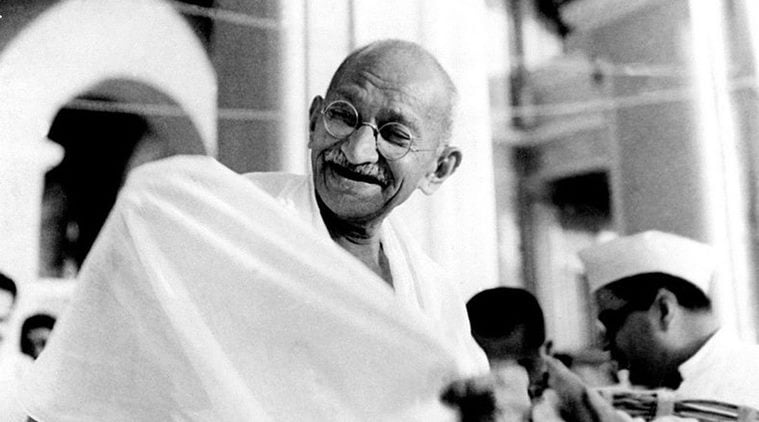
Dard-o-gham-e-hayat ka darman chala gaya/Woh Khizr-e-asr-o-Isa-e-dauran chala gaya
(Gone is the elixir for the miseries and agonies of life/Gone is that Khizr of the time, Messiah of the age)
This is how the eminent Urdu poet Asrar-ul-Haq Majaz had lamented Mahatma Gandhi’s tragic assassination less than sixth months after Independence. To his credit, the great poet had put the Father of the Nation on a high spiritual pedestal, in the company of some great religious icons of Islam and Christianity.
Informing the nation of the ghastly catastrophe via a radio broadcast, Prime Minister Jawaharlal Nehru had said: “The light has gone out of our lives; that light will be seen, world will see it and it will give solace to innumerable hearts; for that light represented something more than the immediate present; it represented the living, the eternal truths, reminding us of the right path, drawing us from error, taking this ancient country to freedom.” The nation had heard him breaking the stunning news in utter disbelief. All eyes were wet, all hearts sad.
I was a primary school kid when that horrendous catastrophe had struck the nation. Many words of the saddened prime minister’s sentimentally-charged broadcast on the Mahatma’s tragic assassination stuck in my mind and, once I became an adult, prompted me to express my feelings for him in prose and poetry. On the 22nd anniversary of that darkest day in India’s post-Independence history, I addressed my fellow Indian students in London with an Urdu couplet:
Tu iss dharti ke har vasi ko Bapu ka jigar de de/Toh jhagra dharm aur bhasha ka sab pamal ho jaye
(God! Put Bapu’s ideals into the heart of every inhabitant of Earth/ that will put an end to all discords based on religion and language.)
But alas, today it is the same discords over religion and language that are wreaking havoc across the globe, including in Bapu’s own sacred land, plunging the society into a terrible state of inhumanity which is repugnant to the great Mahatma’s concept of global human camaraderie.
Year after year on January 30, right from 1949, sirens have been blaring out in government offices and educational institutions, reminding people of independent India’s most heinous tragedy and alerting them to remember for a while the man who had played the key role in the struggle for Independence. This year, too, the sirens did their duty. At precisely the same time, however, in a city near the nation capital, some people were gleefully staging a mock assassination of the great Mahatma amid chanting of the slogans of “amar rahe” (long-live) for his killer, using for him (the killer) the epithet “Mahatma”. The ghastly scene made public by some news websites wounded my soul and heart. And, surely, the same must have been the case with millions of my fellow citizens across the nation.
Majaz, who had showered encomiums on the Father of the Nation using religious jargon, was a Muslim. And so am I, with my deep devotion to the Mahatma. But our religion is today seen as an alien faith, thanks to the forces that are hell-bent on destroying the centuries-old communal harmony in our great country. No amount of feelings expressed by the followers of this faith for the great Mahatma or for the motherland, in prose and poetry, succeeds in changing this perception. People do not hesitate, even in branding us as anti-nationals, while others hurling filthy abuses on the Father of the Nation and celebrating his assassination are seen as devout patriots. Their abominable actions do not make them less patriotic, nor are these seen as deshdroh.
Years ago, the Supreme Court of India also had so linked the Mahatma to certain provisions of the country’s Constitution: “The object of articles 25 to 30 was to preserve the rights of religious and linguistic minorities, to place them on a secure pedestal and withdraw them from the vicissitudes of political controversy. These provisions enshrined a befitting pledge to the minorities in the Constitution of the country whose greatest son had laid down his life for the protection of the minorities.” (St. Xavier’s, 1974).
But, alas, that extreme step taken by the Mahatma did not succeed in sparing minorities the “vicissitudes of political controversy.” Nor is his light, to use Nehru’s words, “reminding us of the right path, drawing us from error” any more. Seventy years after Independence, the nation’s chief freedom-winner is being abused and punished for his crime — preaching “Ishwar Allah tero nam.”